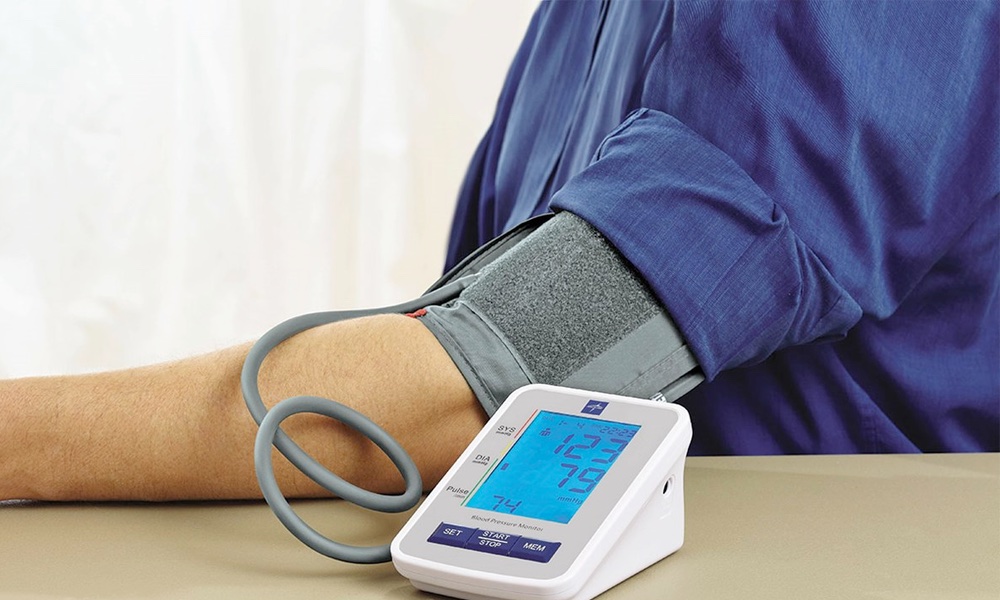Social isolation and contact tracing are crucial to containing the current Coronavirus pandemic. Staying home with little opportunity for social interaction can lead to psychological stress — whether from loneliness, unemployment or family conflicts — and this, too, can be a danger. Stress can make people more susceptible to COVID-19 and other types of infections.
Psychological stress increases our susceptibility to illness, as research by Sheldon Cohen, the Robert E. Doherty Professor of Psychology at Carnegie Mellon University, and others has shown over the years. So it was natural for Cohen's lab to see if the negative psychological effects of social isolation might contribute to whether someone is likely to become sick if exposed to the SARS-CoV-2 virus.
“We know little about why some people exposed to the SARS-CoV-2 virus are more likely than others to develop COVID-19,” Cohen said, in a statement. “However, our research on psychological factors that predict susceptibility to other respiratory viruses may help identify factors that matter for COVID-19.”People experiencing psychological stress had a greater chance of becoming sick than those who did not.
Psychological stress can lead to the overproduction of cytokines, molecules that promote inflammation in response to exposure to bacteria or a virus. These excess cytokines cause inflammation, which is associated with a greater risk of illness, Cohen added.
This is what study findings suggest is true for COVID-19: excess cytokines cause more severe COVID-19 symptoms. These findings support the hypothesis that an overproduction of cytokines caused by psychological stress during quarantine causes more inflammation and more serious illness.
People still need to practice social distancing and wear masks to protect themselves and others, so a strong social network is very important. “If you have a diverse social network, you tend to take better care of yourself,” Cohen said. If people believe their social network will help them in stressful times, he added, it reduces the negative effects of psychological stress on their health.
“Our work points to the need to keep in close contact with our social network during quarantine,” Cohen told TheDoctor, in an email, “whether at appropriate social distance, by phone, Zoom, or FaceTime, to maintain our feeling of belonging, and our access to resources in the face of adversity.”





